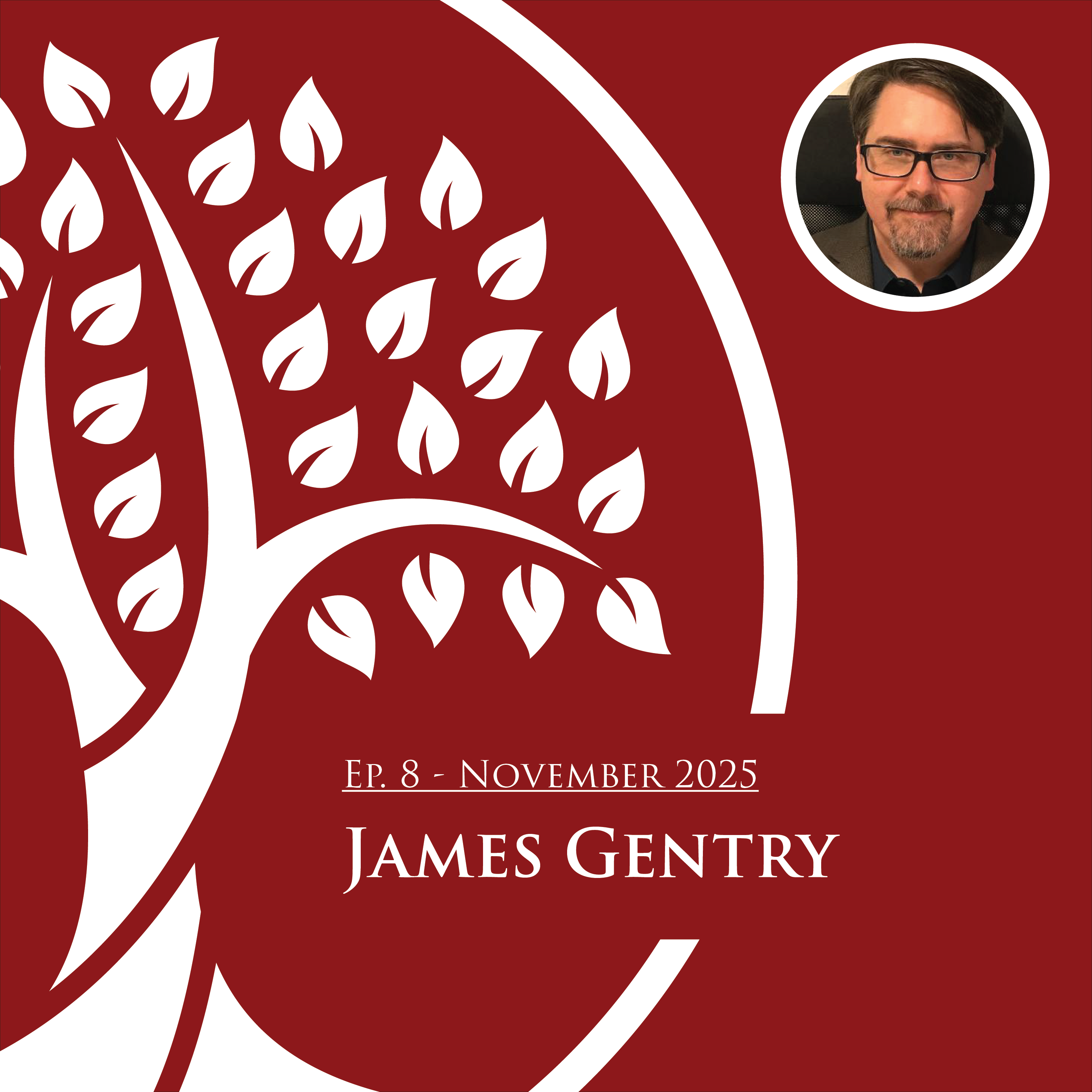The Ho Center for Buddhist Studies at Stanford

The Ho Center for Buddhist Studies at Stanford
Podcast Description
The Ho Center for Buddhist Studies at Stanford podcast features faculty, graduate students, visiting speakers, and alumni in conversation with Communications Manager Miles Osgood on the history, philosophy, and practice of Buddhism.
Interviews are intended to be both academic and accessible: topics range from scholarly publications and insights to personal journeys and reflections.
Interview videos are posted on YouTube, @thehocenterforbuddhiststudies. For more information about our events, speakers, and research, visit buddhiststudies.stanford.edu.
Podcast Insights
Content Themes
The podcast explores a range of topics related to the history, philosophy, and practice of Buddhism. Episode themes include scholarly discussions on the historical transmission of Buddhist texts, personal reflections from monastic life, and the application of foundational Buddhist doctrines, such as the 'two truths' doctrine, in contemporary contexts.

The Ho Center for Buddhist Studies at Stanford podcast features faculty, graduate students, visiting speakers, and alumni in conversation with Communications Manager Miles Osgood on the history, philosophy, and practice of Buddhism.
Interviews are intended to be both academic and accessible: topics range from scholarly publications and insights to personal journeys and reflections.
Interview videos are posted on YouTube, @thehocenterforbuddhiststudies. For more information about our events, speakers, and research, visit buddhiststudies.stanford.edu.
Miles Osgood talks to James Gentry about the thousand-year history of the Tibetan maṇi pill, back to its medieval origins in an age of Mongol invasions and epidemics, through an infusion of psychoactive fungi for experimental meditation in the 13th century, and as a shared token for today’s global Tibetan Buddhist diaspora.
James Gentry is Assistant Professor of Religious Studies at Stanford. He specializes in Tibetan Buddhism, with particular focus on the literature and history of its Tantric traditions. He is the author of Power Objects in Tibetan Buddhism: The Life, Writings, and Legacy of Sokdokpa Lodrö Gyeltsen, which examines the roles of Tantric material and sensory objects in the lives and institutions of Himalayan Buddhists. Before joining Stanford, James was on the faculty of the University of Virginia. He has also taught at Rangjung Yeshe Institute’s Centre for Buddhist Studies at Kathmandu University, where he served as director of its Master of Arts program in Translation, Textual Interpretation, and Philology. He has also served as editor-in-chief of the project 84000: Translating the Words of the Buddha, which aims to commission English translations of the Buddhist sūtras, tantras, and commentaries preserved in Tibetan translation and publish them in an online open-access forum.

Disclaimer
This podcast’s information is provided for general reference and was obtained from publicly accessible sources. The Podcast Collaborative neither produces nor verifies the content, accuracy, or suitability of this podcast. Views and opinions belong solely to the podcast creators and guests.
For a complete disclaimer, please see our Full Disclaimer on the archive page. The Podcast Collaborative bears no responsibility for the podcast’s themes, language, or overall content. Listener discretion is advised. Read our Terms of Use and Privacy Policy for more details.